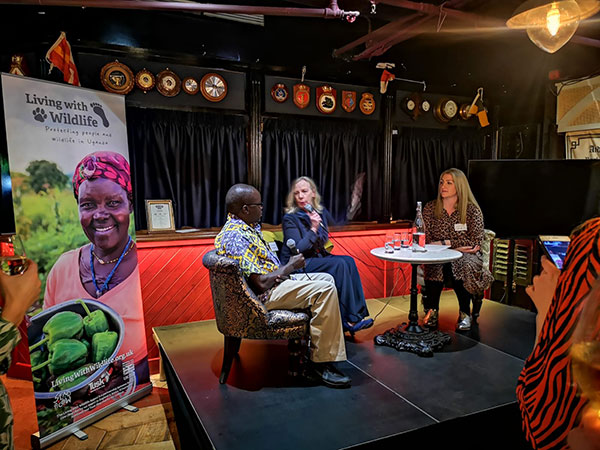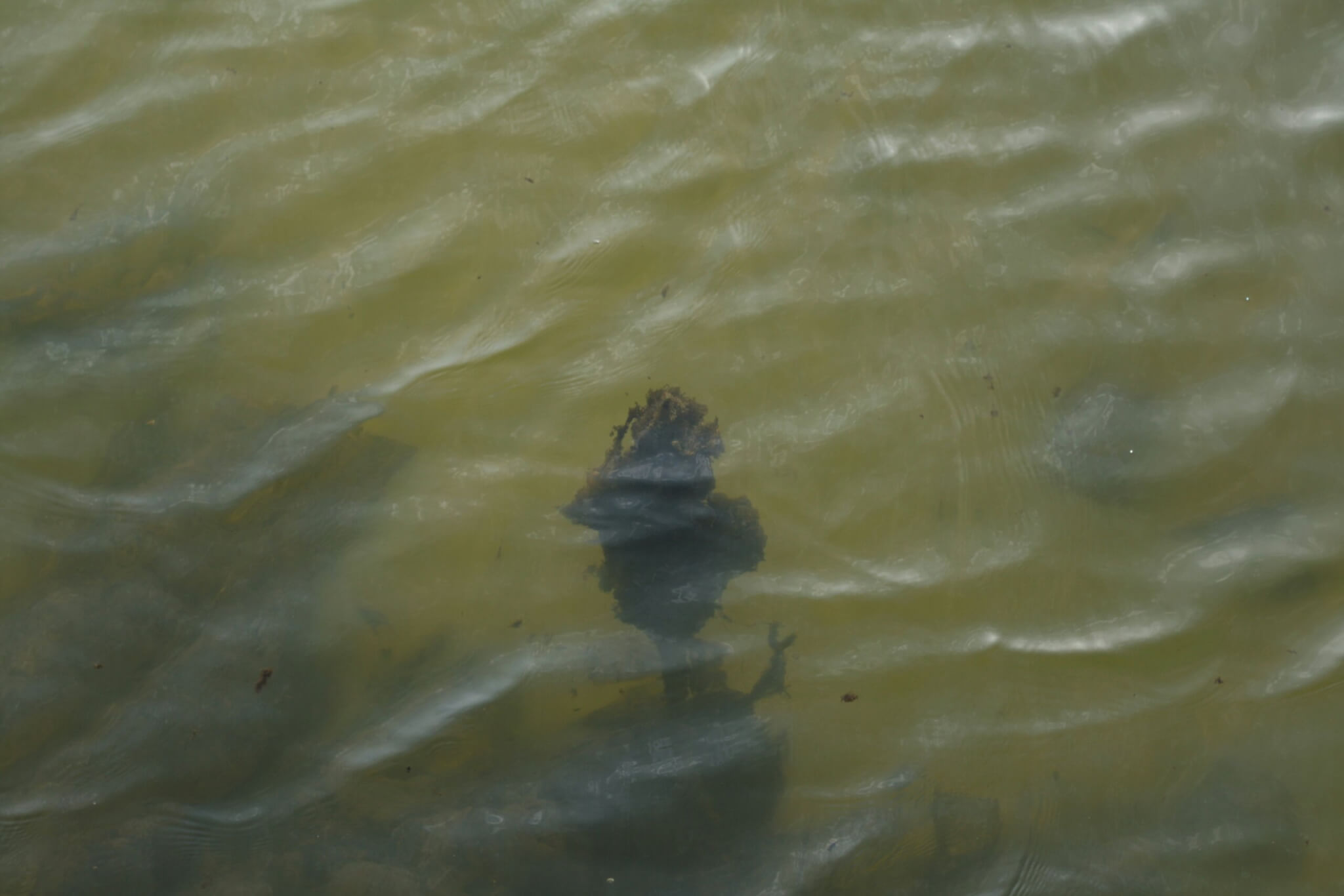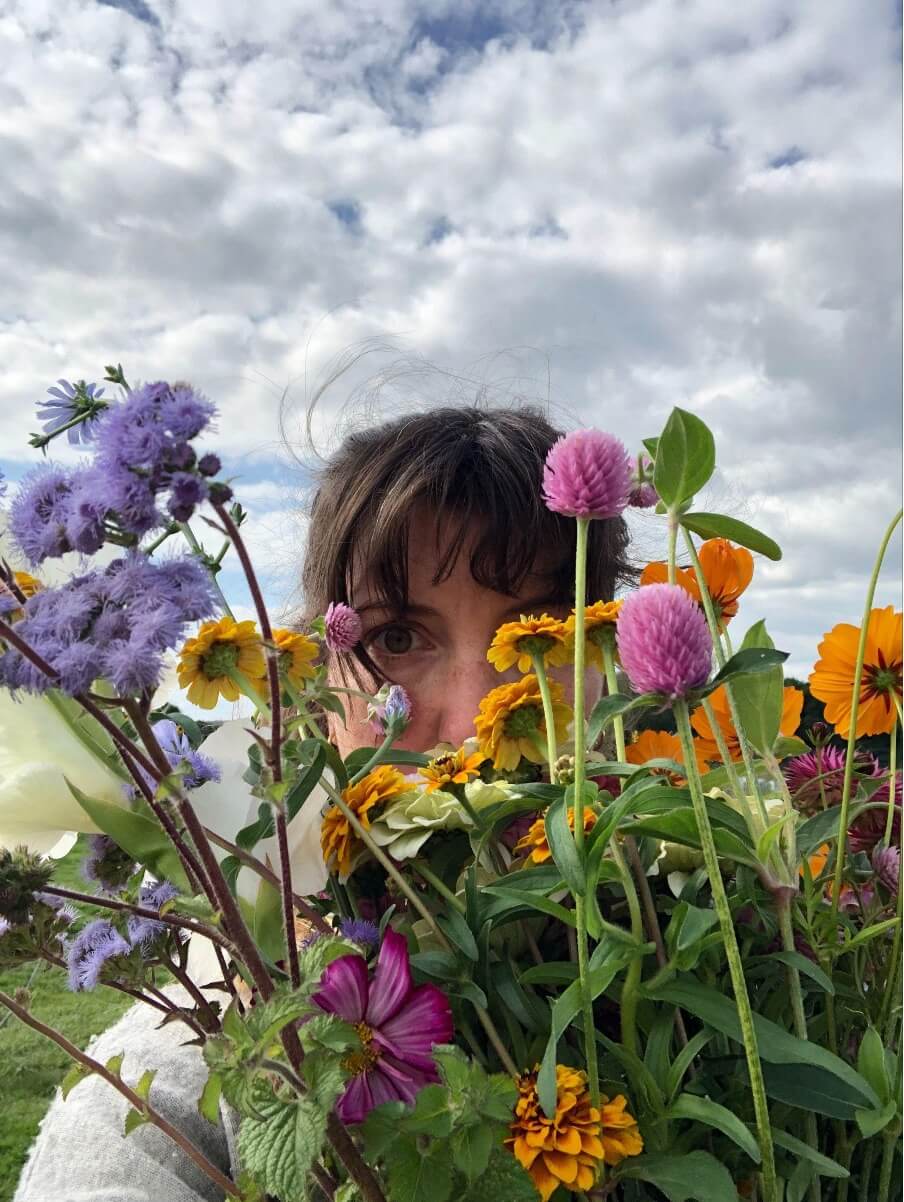Dragon’s Den star Deborah Meaden has lent her support to a campaign training communities in Uganda in sustainable farming to help reduce their reliance on the neighbouring wildlife.
Living with Wildlife is a joint appeal between sustainable farming charity Send a Cow and wildlife conservation charity Tusk, of which Meaden is a trustee.
It is the first joint charity appeal to win match funding from the Department of International Development, with every £1 donated until 14 April to be doubled by the UK government.
She called the partnership a “match made in heaven” and a collaboration not often seen in the notoriously competitive charity sector.

“We don’t see the space of Africa, or the iconic creatures there, in our everyday lives. It’s easy to see it as a place for tourists, but it’s beginning to dawn on us that we’re all connected,” said Meaden, speaking at a charity event for the appeal held in London last week.
“There’s a big difference between organised crime and poaching, and people who just want to live and feed themselves.
“The answer lies within the communities. This deep understanding has to lie with the people who live beside the wildlife. Because the truth of the matter is they are competing for the same resources.”
Project coordinator for Send a Cow, Julius Adubango, spoke alongside Meaden at the event as part of his first trip to the UK.
He said: “I’ve been working with Send a Cow for 13 years, delivering their projects on the ground. What keeps me there is what I see. It’s inspiring to see Send a Cow changing people’s lives.
“Where I come from in Uganda, we live on the western bank of the Nile. The wildlife is all on the eastern bank in Murchison Falls National Park. The people there are hunters or fishermen. There are no fish left in the water, so they have no other option than to go to the park.
“Can we offer them an alternative so they can leave the animals alone? We have to do something so our children’s children have the opportunity to see a cheetah.”
Murchison Falls is Uganda’s largest National Park, home to 10 per cent of the world’s population of rare Rothschild giraffes alongside other iconic species.
“There are less than 2,000 Rothschild giraffes in the world, and 10 per cent of them are at Murchison Falls,” said Meaden.
“We have done that. If we’ve driven something to the edge of extinction, then we should bring them back from the brink.”













0 Comments